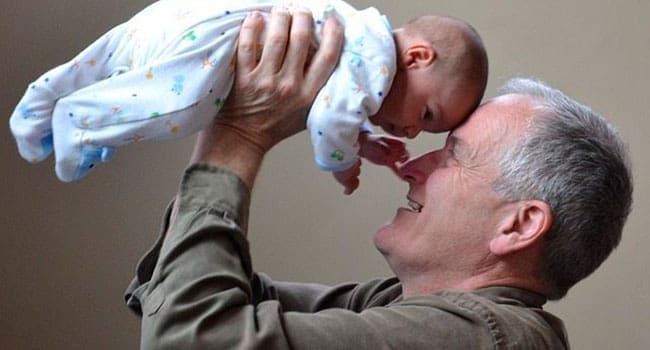 I attended a funeral recently where everyone felt uncomfortable. The atmosphere was thick and interactions felt totally artificial. We were acting like robots going through the motions – lips moving, hands shaking, legs walking. There was absolutely no heart communication.
I attended a funeral recently where everyone felt uncomfortable. The atmosphere was thick and interactions felt totally artificial. We were acting like robots going through the motions – lips moving, hands shaking, legs walking. There was absolutely no heart communication.
So do we get wiser as we age?
If you think so, you probably forgot how common it is for people in later life to engage in fiery quarrels and fights with siblings and relatives. It can happen, for example, over care for a loved one or the prospect of inheriting property or money.
It would be wonderful if conflicts that build up among relatives, former partners, colleagues and friends would subside whenever we reach a venerable age and have a better understand of life.
Unfortunately, it doesn’t work that way. Negative relationships, when they’re nourished for decades, don’t dissolve. On the contrary, they solidify and harden our hearts.
But with thought awareness (and a secret ingredient), this could be prevented and perhaps even reversed.
How solidification happens
Solidification is a mental construction process. The mind first leads us to identify a negative trait in a person, say, a sibling. It brings our attention to this trait and connects it to the sibling several times. Mental repetition over time, if we let it happen, nourishes the thought, and its mental image becomes more defined.
Did you know that the mind divides and classifies objects, creating demons and angels?
When you think of the sibling, other thoughts – negative traits – coalesce. The mind magnifies the negative qualities to the exclusion of the sibling’s more favourable qualities.
Yes, there’s exaggeration. And we’re not an impartial observer: we get attached to this through emotions.
When thoughts and emotions are sharp and strong enough, and when they’ve gained a sufficient momentum, they need an outlet to express themselves. Suddenly we find ourselves saying or doing regrettable things without knowing why.
Conflicts emerge. Distance is created. Separation occurs. The heart hardens.
This only reflects how we’ve programmed the software – or subconscious mind – until now.
Demons and angels
Because family are usually around for longer, solidification may be stronger. The mental construction is reinforced over time.
How can a person we see as a demon be thought of as an angel by others? You think: “They don’t really know him (or her).”
If this was the reason, how could siblings, in the midst of conflicts, divide into enemy camps? All of them know each other very well. But they share different interpretations. Their minds have taken them in different directions.
The problem is that your perspective of a negative trait in someone can’t be truly objective. If it were truly objective – say I think one is mean, lazy or careless – it would manifest in all circumstances with everyone.
It doesn’t.
All attributes, positive and negative, can only be relative. They’re relative, for instance, in their degree or intensity.
If I keep thinking someone is a liar, it doesn’t imply that I’ve never lied and never will. And it doesn’t mean that the other person lies all the time to everyone. It simply implies that the person is lying more often, telling bigger lies or lying to me.
Attributes are also relative in their durability. People may improve over time, but when solidification has occurred, we can’t see them with fresh eyes.
Attributes are also relative because they can never be separate from the person who ascribes them. They often have to do more with our own expectations toward other people than with the faults or defects we find in them.
When several people agree that a person presents one or more negative traits, it makes their belief neither true nor objective. The reason is that traits will manifest only in certain circumstances, with some people or for a given time.
Do I persist in believing I’m an angel and the other person is a demon?
The untrained mind isn’t a good instrument to develop wisdom. Uncontrolled, it can ruin our precious relationships and harden our hearts. Don’t listen to it.
Let’s open our hearts more and cultivate love instead. When loving thoughts and emotions solidify, loving actions flow naturally.
Nicole F. Bernier, PhD, is a former research professor at the University of Montreal who teaches yoga and positive thinking.
Nicole is a Troy Media Thought Leader. Why aren’t you?
The views, opinions and positions expressed by columnists and contributors are the author’s alone. They do not inherently or expressly reflect the views, opinions and/or positions of our publication.

